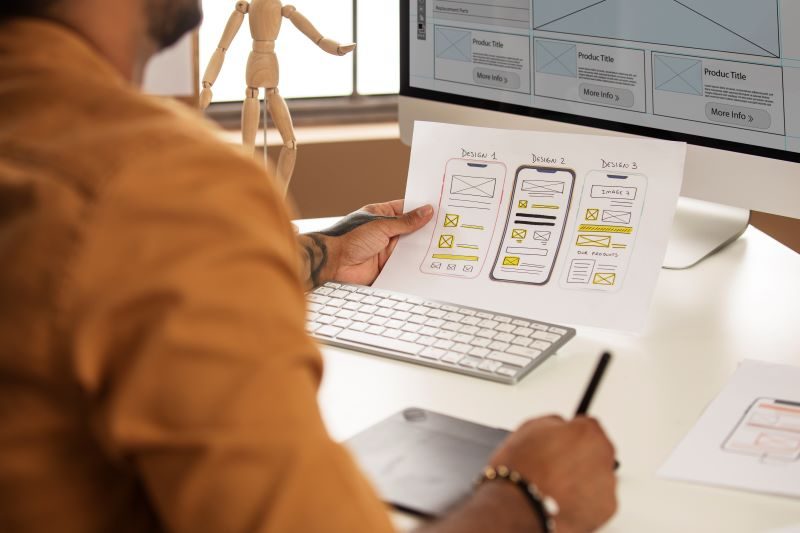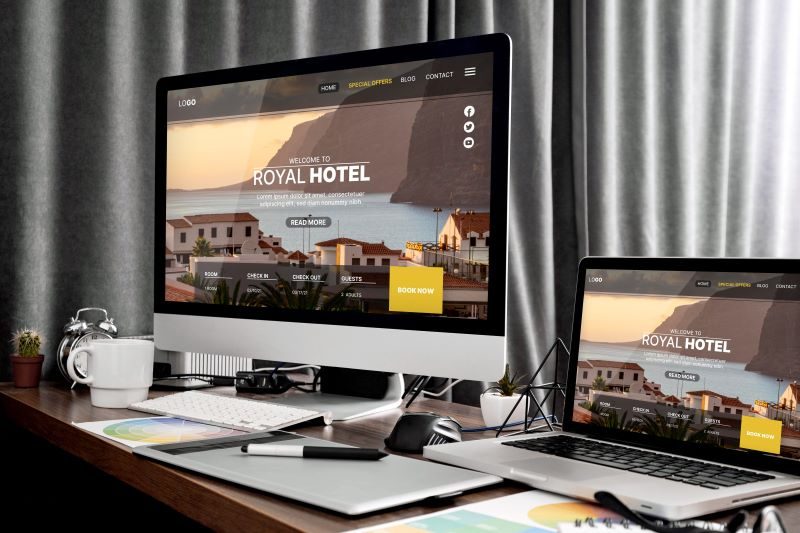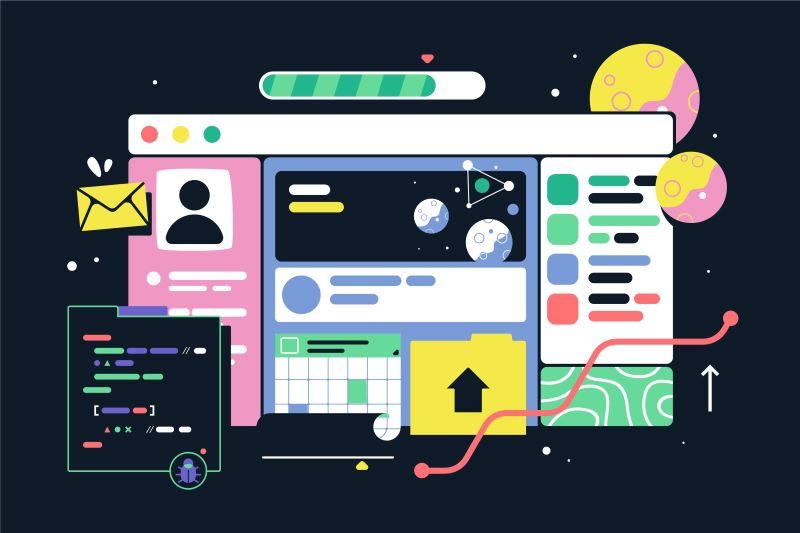With technology evolving rapidly, web development remains a thriving career choice in 2025. Whether you’re interested in front-end, back-end, or full-stack development, getting a Web Design and Development Diploma is an efficient way to enter the industry. But where should you start?
If you’re wondering how to get a diploma in technology without prior experience, this guide will walk you through the essential steps, including the skills you need, the best affordable online technology diploma programs in Canada, and career opportunities available after graduation.
Steps to Becoming a Web Developer

Learn the Fundamentals of Web Development
Start by mastering the core building blocks of web development:
- HTML (Hypertext Markup Language) – The foundation of web pages.
- CSS (Cascading Style Sheets) – Used to style and format web pages.
- JavaScript – The key language for interactive websites.
Many aspiring web developers choose coding boot camps or diploma programs designed for beginners. These programs focus on practical, job-ready skills and often include job placement assistance.
Choose Your Specialization
Web developers typically specialize in one of three areas:
- Front-End Developer: Focuses on the user interface (UI) and user experience (UX) of a website.
- Back-End Developer: Works with databases, APIs, and server-side logic.
- Full-Stack Developer: Combines both front-end and back-end development skills.
Learn Key Programming Languages
Regardless of specialization, web developers need to be proficient in multiple languages. Some essential ones include:
- HTML, CSS, JavaScript (for front-end development)
- PHP, Python, or Node.js (for back-end development)
- SQL or MongoDB (for database management)
- WordPress or Bootstrap (for CMS and framework knowledge)
Build Hands-On Experience with Projects
Practical experience is essential in web development. Work on projects, contribute to open-source platforms, or build websites to showcase your skills. This hands-on approach will strengthen both your technical abilities and problem-solving skills.
Create a Web Developer Portfolio
A strong portfolio is your best tool when applying for jobs. Include:
- Your best coding projects.
- Live websites or web applications you’ve built.
- Testimonials from clients or mentors.
What’s Covered in a Web Development Diploma Program?

A Web Design and Development Diploma equips students with industry-relevant skills. A comprehensive curriculum often includes:
Web Development Fundamentals
- Introduction to web design and development principles.
- Understanding web publishing and layout design.
JavaScript & Advanced Front-End Development
- Programming basics, debugging, and dynamic user interfaces.
- Use of JavaScript frameworks.
CMS & Frameworks
- WordPress and Bootstrap for designing responsive websites.
Database Design & SQL
- Learning SQL (Structured Query Language) and database management.
Server-Side Scripting with PHP & Security
- Understanding HTTP, HTTPS, cookies, and session storage.
- Learning cybersecurity principles to prevent common web threats.
Web Graphics & UI/UX Design
- Using Adobe Photoshop, Illustrator, and Figma for professional web design.
- UX research methods for optimizing user experiences.
Career Opportunities After a Web Development Diploma

Completing a technology diploma program with job placement assistance can lead to various career opportunities in web and software development. Possible job roles include:
Direct Web Development Careers:
- Web Designer
- Web Developer
- Front-End Developer
- Back-End Developer
- UX Designer
- WordPress Developer
Other Related Careers:
- Cybersecurity Analyst
- Software Engineer
- SEO Specialist
- IT Sales Professional
- Digital Marketer
The Best Web Development Languages to Learn in 2025

With emerging tech trends like AI, IoT, and blockchain, certain programming languages are becoming increasingly valuable:
- JavaScript, Python, and C++ – Essential for web and software development.
- PHP and SQL – Used for backend development and databases.
- Swift and Kotlin – Ideal for mobile app development.
Final Thoughts
If you’re ready to start a career in web development, enrolling in a Web Design and Development Diploma is a great first step. Many online diplomas in software development with job placement options in Canada provide flexible learning schedules and hands-on training to help you land your first job.
ABM College offers a Web Design and Development Diploma online or in person at our Winnipeg Campus that equips students with practical skills for immediate employment.
Contact us today to learn more about how this program can help you achieve your career goals!
Read more industry-relevant blogs here.
Graphics: freepik.com
About The Author

Content Editor & Writer, ABM College
As Content Editor at ABM College in Calgary, Alberta, Stephen plays a key role in advancing the college’s mission to provide relevant, high-quality training for today’s job market. He ensures all blog articles and web materials are accurate, clear, and genuinely useful for students, career changers, and industry professionals.
Stephen is also the author of a best-selling historical reference series documenting decades of computer and video gaming history — a body of work recognized by the Canadian Choice Awards.
Connect with Stephen on LinkedIn, explore his published works at Falcon Designs, or see his editorial expertise in action on the ABM College Blog.
